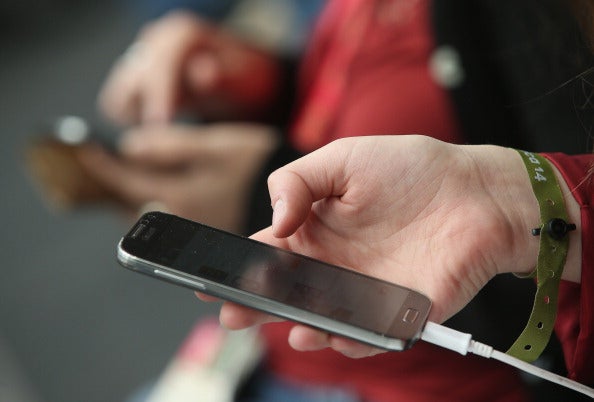School cyberbullies more likely to attempt suicide, study finds
Cyberbullies are around 20 per cent more likely to have suicidal thoughts and attempt suicide than non-perpetrators

Children who bully classmates online and via apps are more likely to have suicidal thoughts or attempt suicide, according to a study.
New research suggests that it is not just the victims of cyberbullying that are more likely to kill themselves or think about doing so than their peers, but the perpetrators themselves who are also at higher risk.
The study, by UK researchers, including academics at Birmingham University, is based on a review of available studies and evidence on the impact of cyberbullying on children and young people across 30 countries.
Cyberbullying is using electronic communication to bully another, for instance by sending intimidating, threatening or unpleasant messages using social media.
The researchers found that cyberbullies - those that perpetrate such abuse - are around 20 per cent more likely to have suicidal thoughts and to attempt suicide than non-perpetrators.
Those who have been victims of cyberbullying are more than twice as likely to self harm and to exhibit suicidal behaviours than those who have not been victims.
The figures come amid ongoing campaigns for greater understanding and teaching of the dangers of the web to young children.
Separate figures obtained from local authorities in England last month revealed children as young as five were being excluded from school for "sexual misconduct", including the taking and sharing of indecent images.
Some 754 incidents were reported between July 2013 and April 2017, however the true figure is believed to be much higher, as the vast majority of councils contacted said they did not hold the information or refused to disclose it.
Barnardo’s children’s charity chief executive Javed Khan expressed concerns that such behaviour was often indicative of underlying child protection issues.
Commenting on the cyberbullying figures, Professor Paul Montgomery, from Birmingham University, suggested mobile phone companies had a part to play in tackling cyberbullying too.
“The people doing the bullying themselves have issues that cause them to act in that way, so it is unsurprising to see that the cyberbullies themselves, in turn, have these quite marked problems," he said.
“Prevention of cyberbullying should be included in school anti-bullying policies, alongside broader concepts such as digital citizenship, online peer support for victims, how an electronic bystander might appropriately intervene; and more specific interventions such as how to contact mobile phone companies and Internet service providers to block, educate, or identify users.”
Anyone faced with suicidal thoughts or in need of someone to talk to can access free support by calling the Samaritans on 116 123.
PA
Join our commenting forum
Join thought-provoking conversations, follow other Independent readers and see their replies
Comments
Bookmark popover
Removed from bookmarks